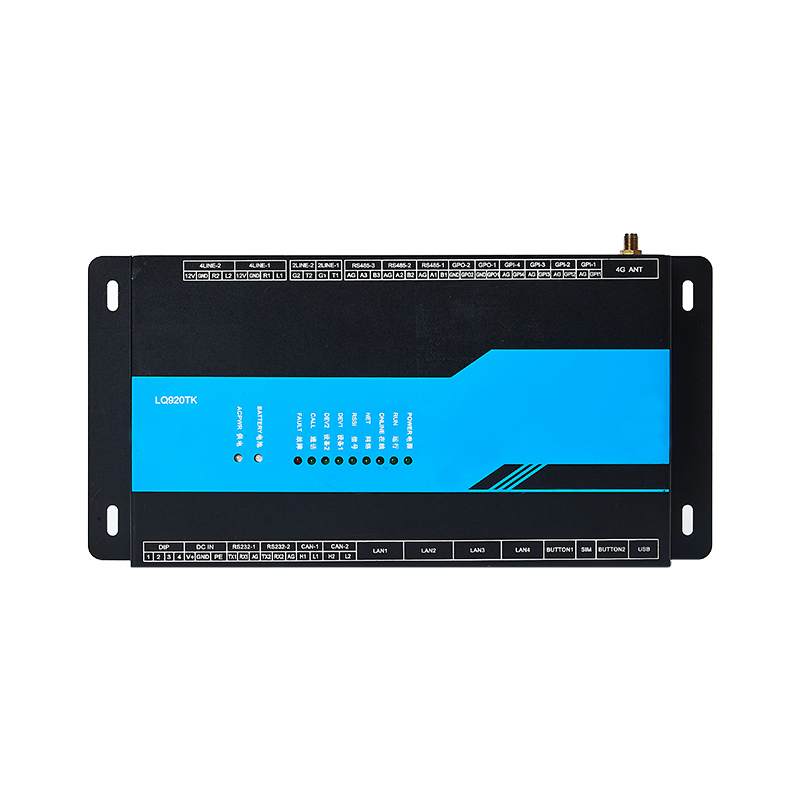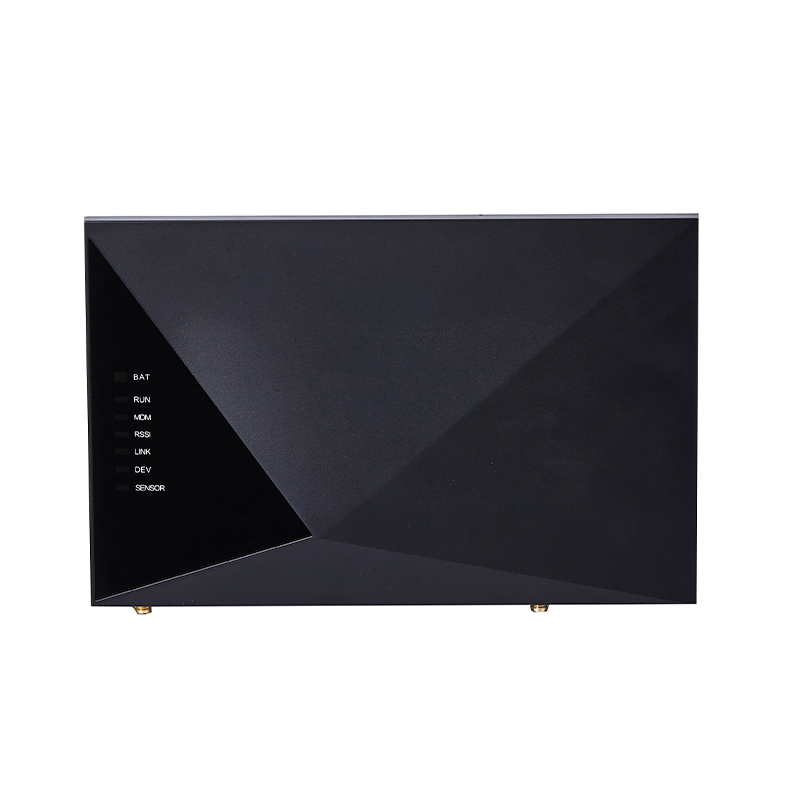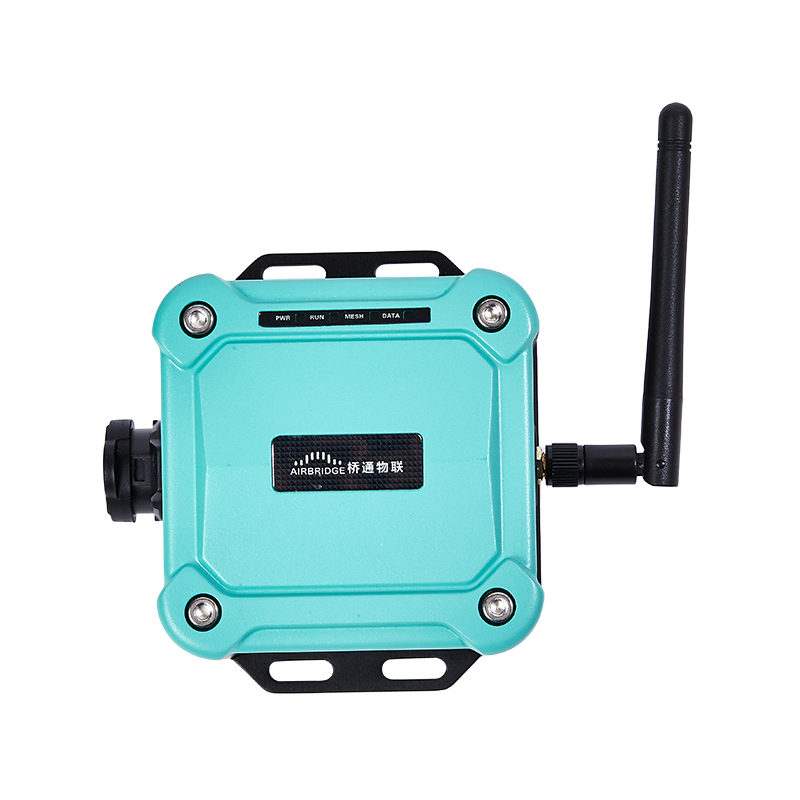Industrial routers have powerful security protections. Can they effectively prevent industrial network data leakage?
Release Time : 2025-09-03
Industrial routers, with their robust security protections, effectively prevent data leaks within industrial networks. This capability stems from their multi-layered, multi-dimensional technical architecture and deep adaptability to industrial scenarios. In the Industrial Internet, data not only carries core production process parameters but also contains sensitive information such as corporate trade secrets and customer privacy. Leakage can lead to production disruptions, equipment damage, and even legal disputes. Therefore, the security capabilities of industrial routers directly determine the reliability of industrial networks.
From a fundamental perspective of data transmission security, industrial routers use encryption technology to establish an end-to-end secure channel. They support encryption protocols such as SSL/TLS and IPSec, providing high-strength encryption for data in transit. For example, in smart grid scenarios, industrial routers configure IPSec tunnels to ensure that all communications with control centers are transmitted over encrypted channels. Even if the data is intercepted on the public network, attackers cannot decrypt the original content, effectively preventing the leakage of critical information such as power dispatch instructions and equipment status data. This encryption mechanism not only covers wired transmission but also extends to 4G/5G wireless communications, ensuring the same security for data exchange between mobile devices and industrial networks.
At the access control level, the industrial router provides a first line of defense through refined permission management. Its built-in access control list (ACL) function strictly filters inbound and outbound network packets based on IP addresses, port numbers, and protocol types. For example, in a chemical plant's remote monitoring system, administrators can use ACLs to restrict access to the monitoring server to devices within specific IP addresses, while blocking unauthorized connections from external, unknown devices. Furthermore, the industrial router supports a complex password policy, requiring users to set strong passwords containing uppercase and lowercase letters, numbers, and special characters, and to regularly change them, further reducing the risk of data breaches caused by compromised passwords.
For real-time defense against network attacks, the industrial router's firewall and intrusion detection/prevention system (IDS/IPS) form a dynamic protection network. The firewall uses stateful inspection technology to monitor network traffic in real time and, based on predefined rules, blocks suspicious traffic from entering the internal network. For example, in a smart factory scenario, the firewall can identify and block abnormal scan requests targeting PLC controllers, preventing attackers from exploiting vulnerabilities to gain control of the device. IDS/IPS use deep packet inspection to analyze the behavioral characteristics of network traffic, promptly detecting and blocking advanced threats such as APT attacks and DDoS attacks. For example, if a device is detected sending a large number of abnormal requests to multiple targets within a short period of time, the IDS/IPS will immediately trigger an alarm and block the device's network access, preventing the attack from spreading and potentially leading to data leakage.
The physical protection design of industrial routers also provides a fundamental guarantee for their security performance. They utilize industrial-grade hardware standards, featuring waterproof, dustproof, explosion-proof, and vibration-resistant features, and can operate stably in extreme temperatures ranging from -40°C to 75°C. For example, in oil and gas field monitoring projects, the dustproof, waterproof, and high-temperature resistance of industrial routers ensures continued stable operation even in sandstorms and high temperatures, preventing the risk of data leakage caused by physical damage that could expose data storage media or disrupt network connectivity.
In addition, industrial routers continuously enhance their security capabilities through remote management and firmware update mechanisms. They support remote configuration, monitoring, and troubleshooting, allowing operations and maintenance personnel to adjust and update security policies without on-site visits. For example, a logistics company leveraged the remote management capabilities of industrial routers to regularly check for system updates and audit network activity, promptly identifying and blocking intrusion attempts that exploited known vulnerabilities. Furthermore, industrial router manufacturers regularly release security patches to address newly discovered vulnerabilities, and users can quickly update their devices through remote upgrades, ensuring their security systems are always up to date.







